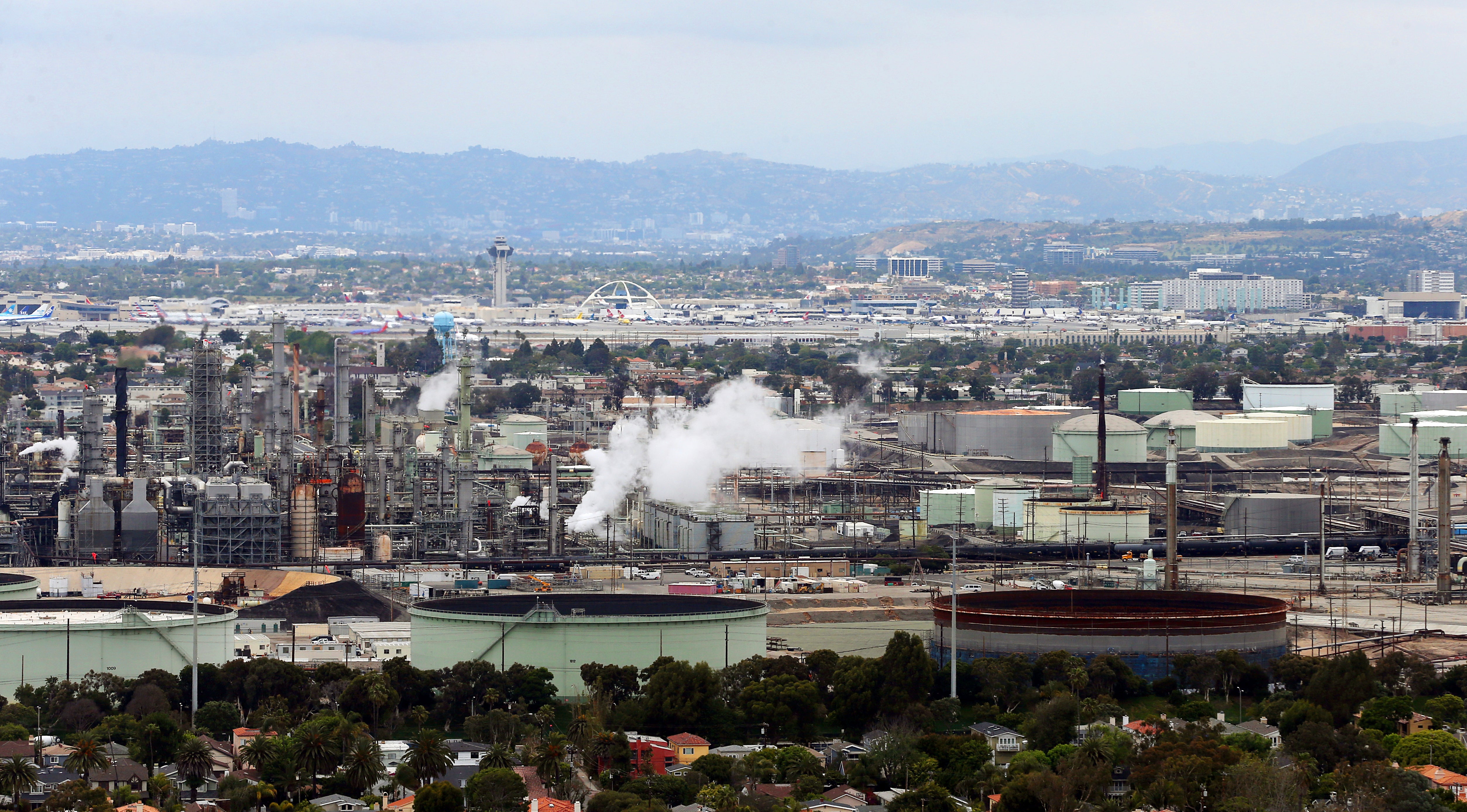Black, Asian and Hispanic or Latino communities in US more at risk from air pollution, study reveals
New data suggests minority groups are being disproportionately affected by air pollution in the US
Marginalised communities in the US are more likely to be exposed to high levels of air pollution, new research suggests.
The study, published in Nature, notes that communities with large populations of Black, Asian, Hispanic or Latino residents have been found to experience higher exposure to particulate pollutants.
It observes that in 2016, the average concentration of fine particulate matter to which Black populations were exposed to was 13.7 per cent higher than white populations, and 36.3 per cent higher than that of Native American populations.
In addition, communities that mostly comprised of white and Native American residents were found to have been “consistently exposed” to lower than average levels of pollution.
The risk associated with fine particulate matters of pollution is well documented, as it has been identified as the fifth-highest risk factor of global mortality.
As ABC News reports, the Harvard University researchers reached their conclusion after pooling all of the pollution data with that of the Census from 2000 to 2016. From there, they were able to deduce how pollution exposure levels ranged across different ethnic and socioeconomic groups.
The data then showed a clear correlation, as marginalized groups, overall, were exposed to slightly higher pollutant levels during that time period.

There are several reasons for this societal discrepancy, as one expert explains.
“Racialised and lower-income communities are dealing with the consequences of living near undesirable locations, such as industrial complexes, highways running next door to their neighborhoods and even outpatient facilities for drug use,” Cheryl Teelucksingh, PhD, professor of environmental justice and chair of the sociology department at Ryerson University in Toronto, told ABC News.
“You need to have a fair amount of financial resources in order to live in particular neighborhoods,” Ms Teelucksingh added.
Around the world, we’re seeing poor and disenfranchised communities bear the brunt of global warming, as extreme weather conditions become an increasingly common occurrence for millions.
Last year in Texas, hundreds were killed as irregular freezing temperatures caused chaos throughout the state.
Along similar lines, record-breaking heat waves in the Pacific Northwest was yet another instance of the climate crisis being brought to America’s doorstep.
Join our commenting forum
Join thought-provoking conversations, follow other Independent readers and see their replies
Comments
Bookmark popover
Removed from bookmarks